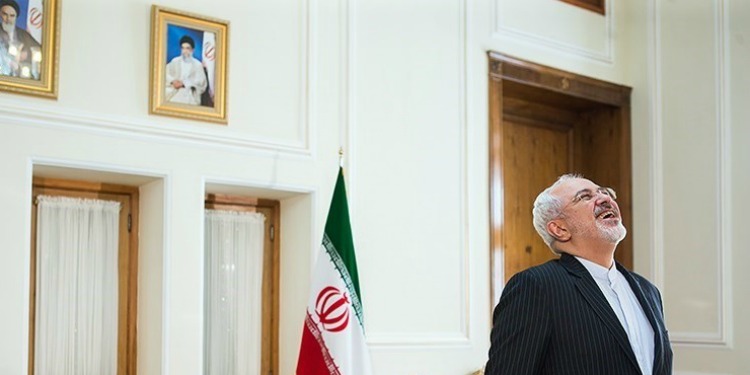5 Things You Didn’t Know About the Iran Nuclear Deal
Stand for Israel | February 5, 2020

When President Trump declared in 2018 that he was withdrawing from the Joint Comprehensive Plan of Action (JCPOA) – better known as the Iran Nuclear Deal – there was an outcry. Some politicians and pundits insisted that the withdraw drew the possibility of war with Iran closer. But is this the case? Here are five things you might not have known about the Iran Nuclear Deal:
- The Iran Deal was a political policy, not a treaty. A treaty would have required Congressional ratification. The Obama administration, in a letter to then-Representative Mike Pompeo, underscored the point that the deal was “not a treaty or an executive agreement, and is not a signed document.”
- It was not a legally binding agreement. There was nothing binding about this deal. John B. Bellinger of the Council on Foreign Relations, noted, “The next president will have the legal right under both domestic and international law to scrap the JCPOA and reimpose U.S. nuclear sanctions on Iran … it would not constitute a violation of international law, because the JCPOA is not legally binding.”
- Portions of the deal were set to expire this year. The ban on Iranian import and export of weapons, which would allow Iran to increase its military strength and freely re-arm its terrorist proxy armies like Hezbollah, was set to expire in 2020.
- Iran’s terrorist activities continued under the deal.S. Secretary of State Mike Pompeo has said, “The JCPOA has plainly failed to contribute to regional and international peace and security, as the deal stated. To the contrary, Iran’s destabilizing behavior has grown bolder.” Iran’s support for Hezbollah, Hamas, and Islamic Jihad has remained robust and active since the deal, as has Iran’s military presence in Lebanon and Syria.
- The deal lifted sanctions that resulted in the release of more than $100 billion of Iranian funds frozen in foreign banks. This posed obvious threats. As Mark Dubowitz, the executive director of the Foundation for Defense of Democracies, put it, “We have no ability to constrain Iran if they want to spend all $100 billion on funding Hezbollah or other terrorist organizations … when you’re getting a $100 billion-plus cash windfall, even if you’re spending 5 to 10 percent of that only on the regional activities and your support for terrorism, that’s an extra $5 to $10 billion dollars-plus.”
